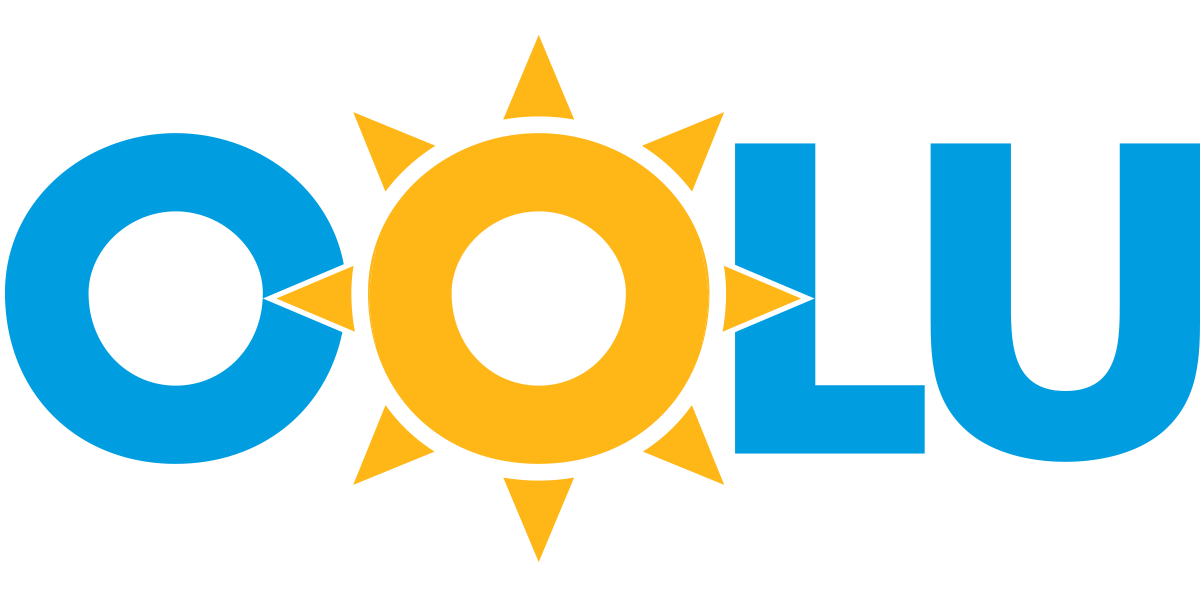Climate resilience and adaptation in rural West Africa: The vital role of standalone solar
By simplifying access to funding, standalone solar can lead climate resilience and adaptation efforts in rural West Africa.
COP27 voiced what those of us in West Africa have known for a long time: West Africa is suffering a climate injustice. As a region, West Africa produces just 2% of world emissions. West Africa’s per capita gas emissions are six times lower than the global average. Only 42% of West Africa’s population have access to electricity (dropping to just 8% in rural areas). Yet, rural West Africa is disproportionately feeling the effects of climate change it didn’t produce.
For a region that is already difficult to live in, extreme heat and extreme rainfall will make living even harder and derail the socio-economic advances of recent years. However, rural West Africans can take control of the narrative by embracing standalone solar.
Standalone solar: building climate resilience
Closing the energy gap is key to boosting West Africa’s climate resilience. Since the introduction of mobile money-enabled pay-as-you-go (PAYGo) solar systems, off-grid solar energy has become increasingly accessible and affordable for rural West African households. Access to reliable, clean and modern electricity is no longer out of reach for remote villages and towns.
Off-grid solar technology not only improves standard of living, but also builds resilience to climate change. Basic solar home systems provide energy for lighting and phone charging, with the greater connectivity enabling households to access climate-related information on the internet (i.e. through social media) and from their wider network. Solar TV kits enable households to access the news as well as videos on resilience measures and new agricultural techniques. Solar-powered fans give rural populations effective cooling in hotter temperatures and solar-powered fridges preserve food for longer.
What’s more, off-grid solar generators have proven effective in powering rural health centres (i.e. lighting at night, fridges for vaccines and running diagnostic equipment) and solar water pumps are building resilience in agriculture, where changing weather patterns threaten output and food security.
In short: climate change may be changing West Africans’ way of life, but standalone solar is changing climate readiness.
Standalone solar: leading climate mitigation
Standalone solar isn’t just about adapting to the effects of climate change in rural West Africa, but actively mitigating them too. By providing a direct replacement to kerosene lamps, single-use batteries and diesel generators, standalone solar is leading the clean energy transition in rural areas. In West Africa, the Sahel in particular, there is huge potential for solar energy in every country. According to GOGLA, the “one thing West Africa has in abundance is solar energy potential, averaging 4-6.5kW/m2, making this form of generation an obvious candidate for meeting the region’s growing appetite for affordable power.”
However, solar still lags behind traditional biomass and oil-based fuels in rural regions. These dirty fuel sources are not only more costly than standalone solar, but are also subject to global price fluctuations with any slight price change felt even more in poorer rural areas.
In short: solar can mitigate the effects of climate change and save rural households money.
Access to funding
During COP26, Anthony Nyong, Africa Director of the Global Center on Adaptation, said that “we abound with adaptation solutions; what we need is scale and speed.” Nyong is right. We have the technology, we have the customers and we have the need, but to maximise the region’s climate adaptation and resilience, we need to expand.
Socially-driven off-grid solar companies have the in-country systems in place to serve rural populations: from resilient supply chains and last mile distribution to technical expertise and local agent networks. But these companies are also restrained by the inventory, transport and import costs for solar products.
Most off-grid solar companies, like Oolu, want to serve lower income customers in harder-to-reach areas as this is where we can have the most impact, but to mitigate the economic risks, we need long-term support from public sector actors in the form of tax exonerations and easier access to grant funding (with less complicated application processes).
In short: with greater public-private coordination in the region, we can solve West Africa’s climate injustice.

